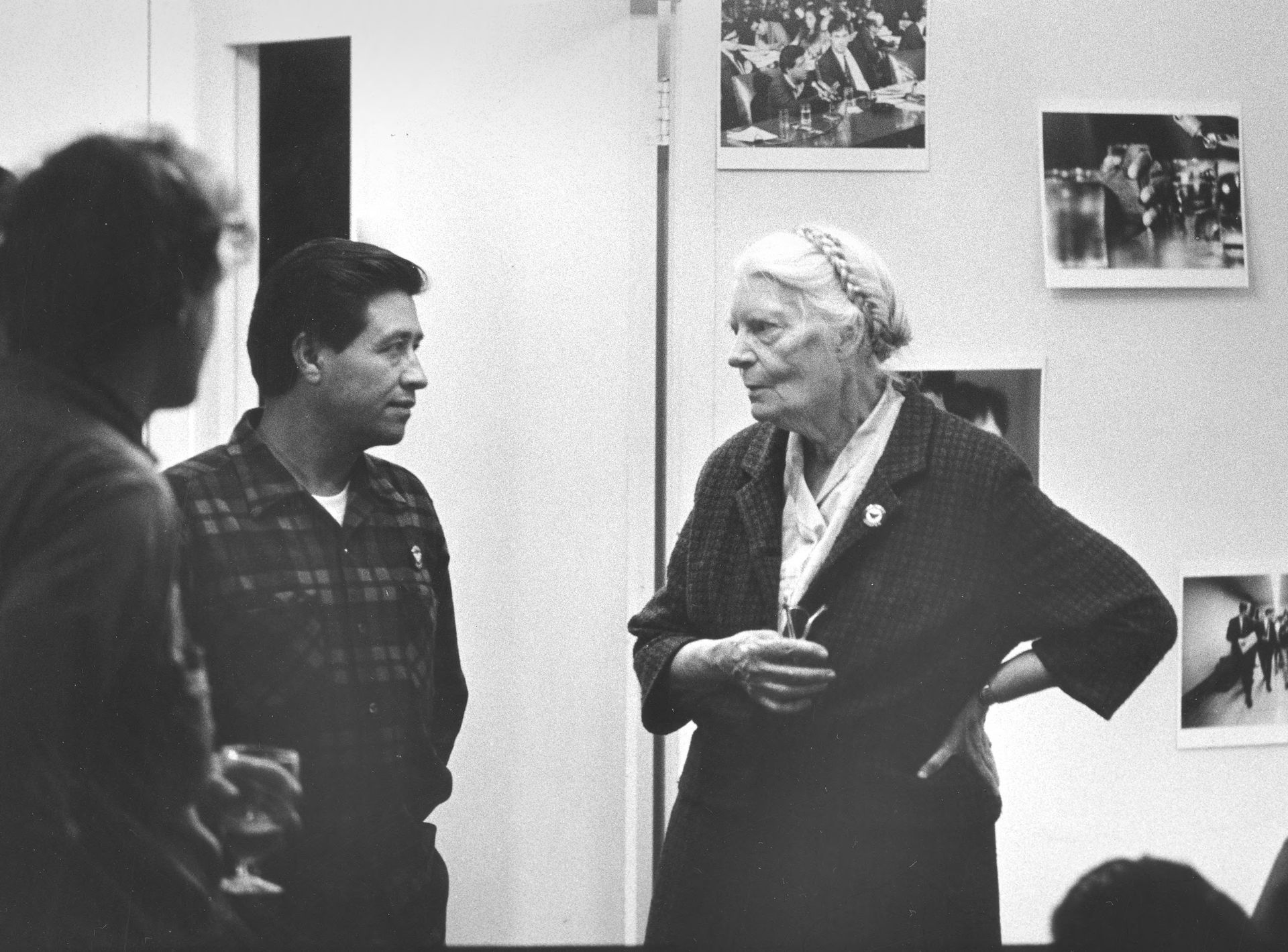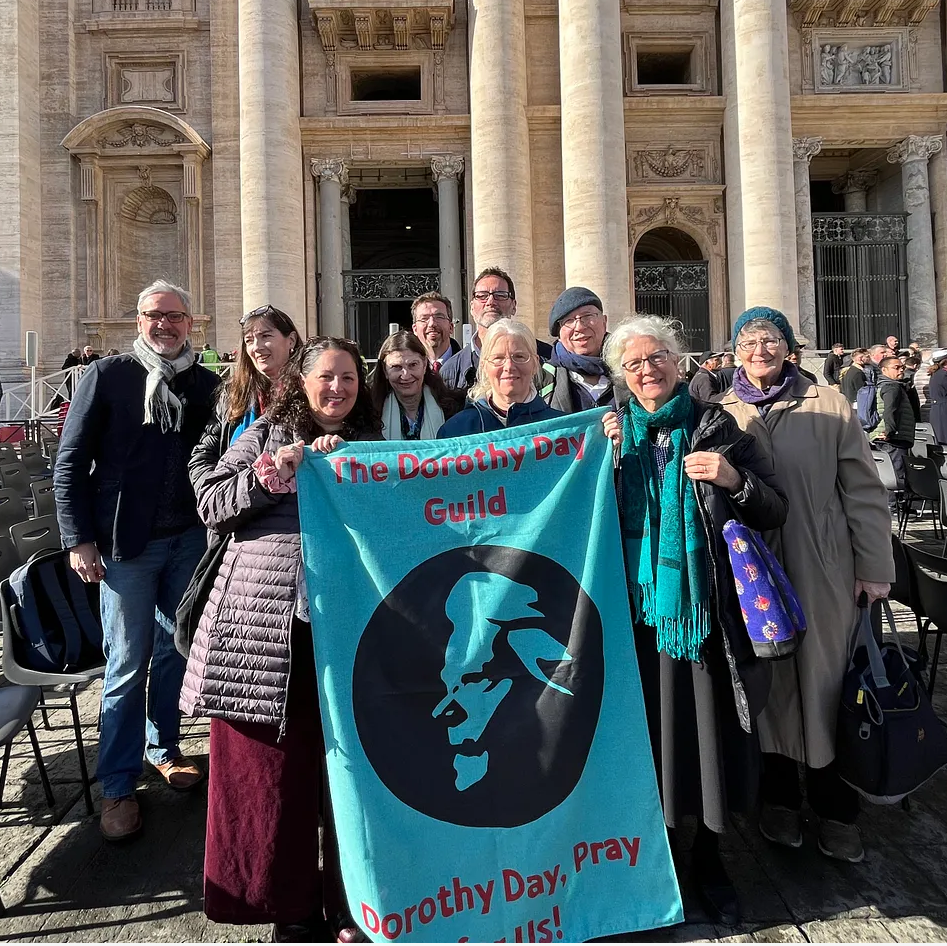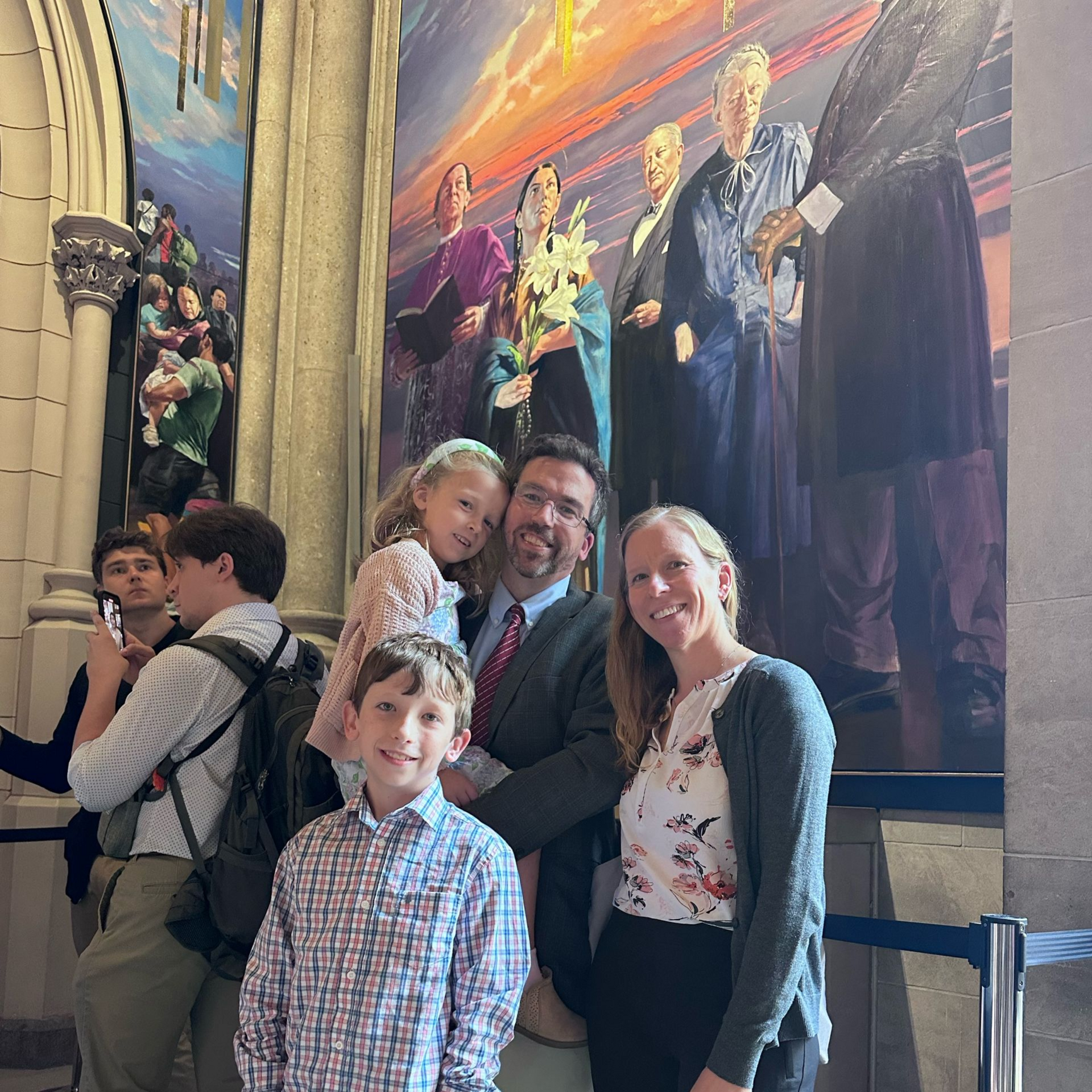Dorothy Day was an outspoken critic of our social order, what she once referred to as our “dirty, rotten system” that denies the most vulnerable the right to a living wage, safety and security. Throughout her long life, she embraced the dignity of work and workers, from striking auto workers in Flint, Michigan to seamen on the docks of New York City; from tenant farmers and child laborers in the textile mills of the south to struggling migrant workers in the vineyards of California. Yet, she refused to engage in divisive protest, relying on community building and non-violent action.
Her response to workers everywhere was more than a gesture of support for better working conditions or wages but a radical affirmation of her faith, a testament to the belief that together we could build a new social order.






